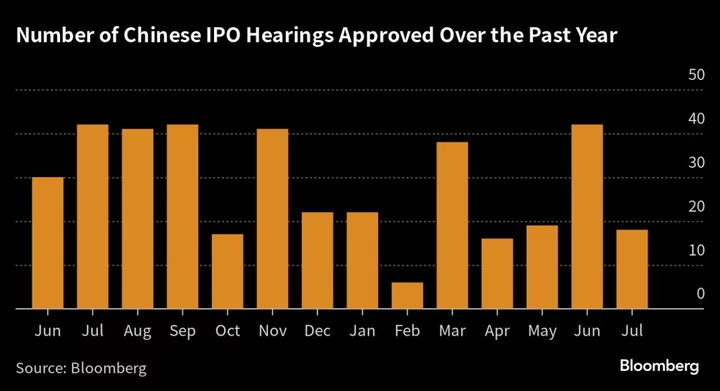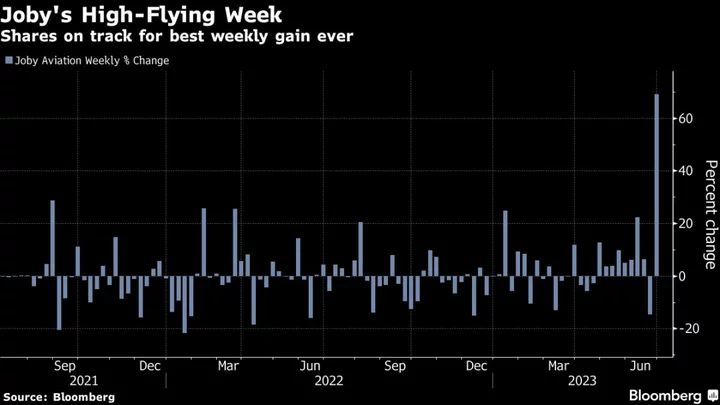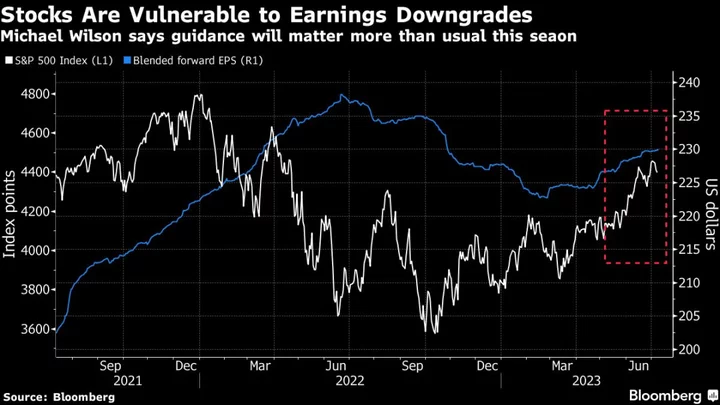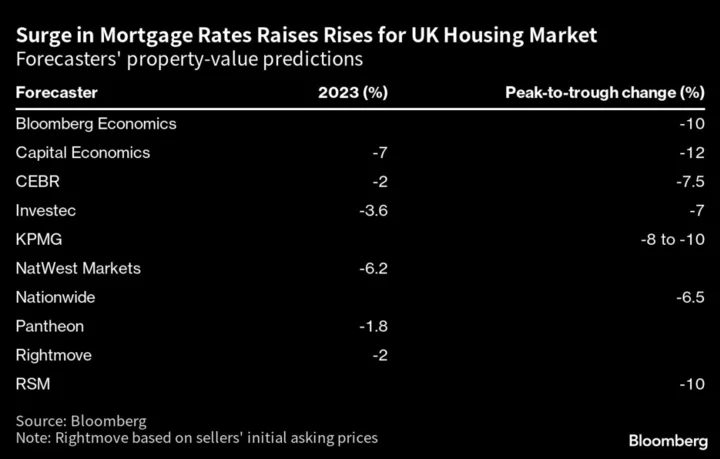China’s domestic market for initial public offerings, the world’s busiest since last year, is showing signs of cooling as Beijing seeks to slow offerings to boost liquidity.
Only one listing application was filed in July compared with three for the same month last year, according to a report this week by the Shanghai Securities News. While typically a quiet month for such applications, the slowdown follows a recent meeting by China securities regulator which pledged to maintain equilibrium in IPO and refinancing activities.
Another indicator of fewer IPOs in the pipeline is a drop in the number of companies that reached the hearing stage for their proposed offerings. Some 20 were considered in July, below the monthly average for the first half of the year and versus 42 in June, according to East Money Information Co., a financial website.
“China’s IPO activities are always tightly controlled with a long process through de-facto administrative measures despite the new registration-based mechanism,” said Gary Ng, a senior economist for Natixis in Hong Kong. “Although the authorities are ready to loosen monetary policies, the mentality of channeling money in the policy-supported sectors has stayed the same. It means semiconductors, information technologies, electric vehicles and other sectors with strategic importance will still have the upper hand.”
China’s top political meeting last week aimed to invigorate capital markets, while the markets regulator in July reportedly consulted securities firms for possible measures to boost stocks. The China Securities Regulatory Commission convened a meeting with select brokerages to solicit feedback on certain topics, with a slowdown in initial public offerings to help liquidity among measures proposed by brokerages.
The onshore IPO market in China has been resilient compared with other venues since last year, when activity elsewhere slumped amid accelerating inflation and surging interest rates. Since March, however, proceeds raised in exchanges in Shenzhen, Shanghai and Beijing have been declining amid concerns about the country’s economic growth.
“Hi-tech companies still are welcome to IPO by the government and investors, given their high growth and importance in trading competition,” said Shen Meng, a director at investment bank Chanson & Co. Market sentiment toward onshore IPOs “will be bullish in the short-term, but if the economy cannot recover, the passion of local investors will disappear soon.”
Total proceeds raised in onshore bourses reached $39.5 billion this year, a 21% drop from the same period in 2022. While domestic Chinese IPOs account for about 45% of global offerings so far this year — more than any other country — they’ve slipped from 55% at the end of the first quarter to about 50% at the end of June.
Earlier this week, the China Securities Journal said in a front-page commentary that the country’s capital market policies should help guide household savings into its stock market, as well as providing easier access for mid- to long-term funds that can act as “stabilizers.”
“Chinese investors are eager to find non-property avenues to invest their savings, which should lead to an interest in select IPOs, and a more bullish overall stock market,” said Sandy Mehta, chief investment officer at Value Investment Principals Ltd.









